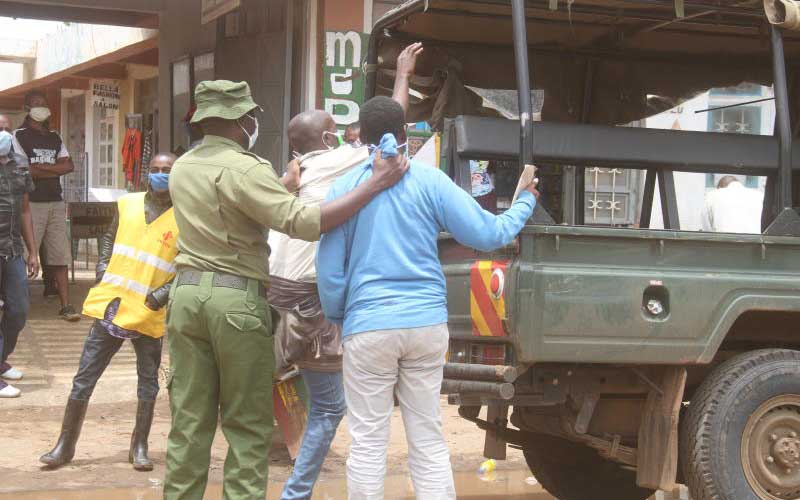×
The Standard e-Paper
Stay Informed, Even Offline

Legislators have declined to approve rules imposing Sh20,000 fine for anyone found without a mask and another sanctioning forced quarantine for curfew violators, terming them punitive.
Lawmakers say it is wrong for authorities to substitute Sh1,000 fine for curfew violators with mandatory quarantine, arguing such wrongdoers are exposed to coronavirus infections when they are mixed with suspected cases.